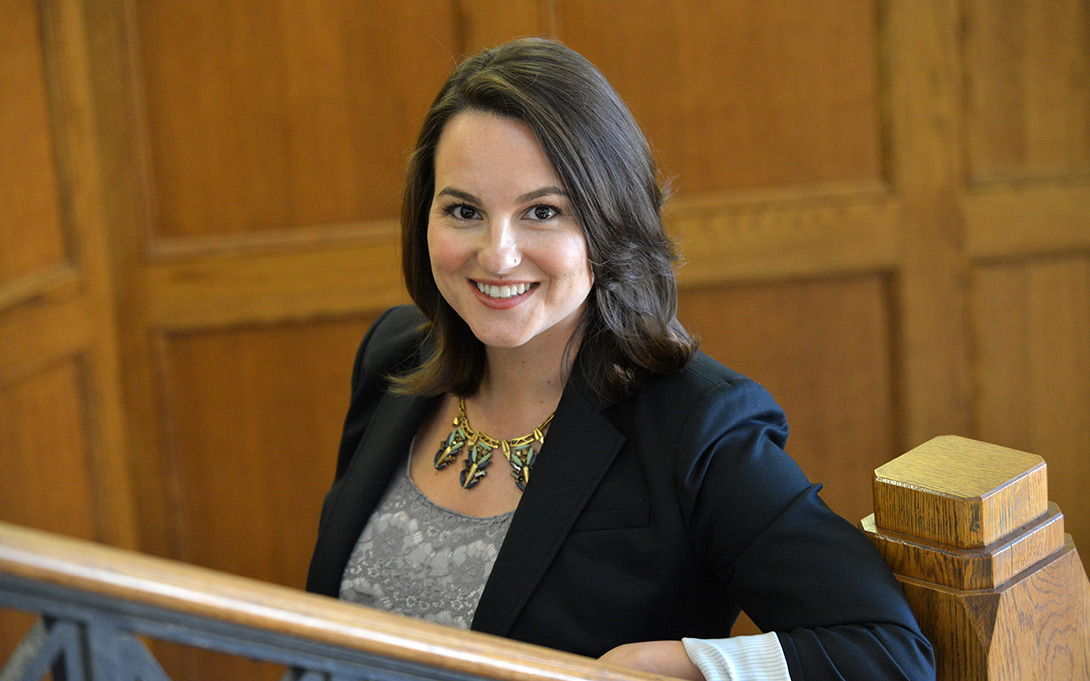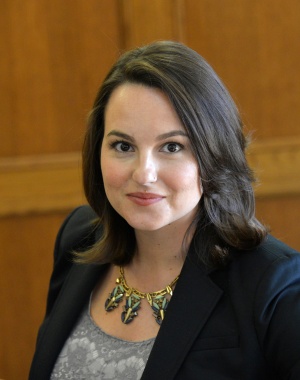
Kaitlin Raimi, Associated Press: And highly visible events in places where they’re not normally expected — like heat waves in places without air conditioning infrastructure, or wildfire smoke on the East Coast and in the Midwest — can be more noticeable to people. When threatened by natural disasters, “even for people who aren’t willing to call it climate change, they’re willing to say like, ‘there’s a problem and I want to protect my home,’” said Kaitlin Raimi, an associate professor of public policy at the University of Michigan who teaches a course on the psychology of climate change.
